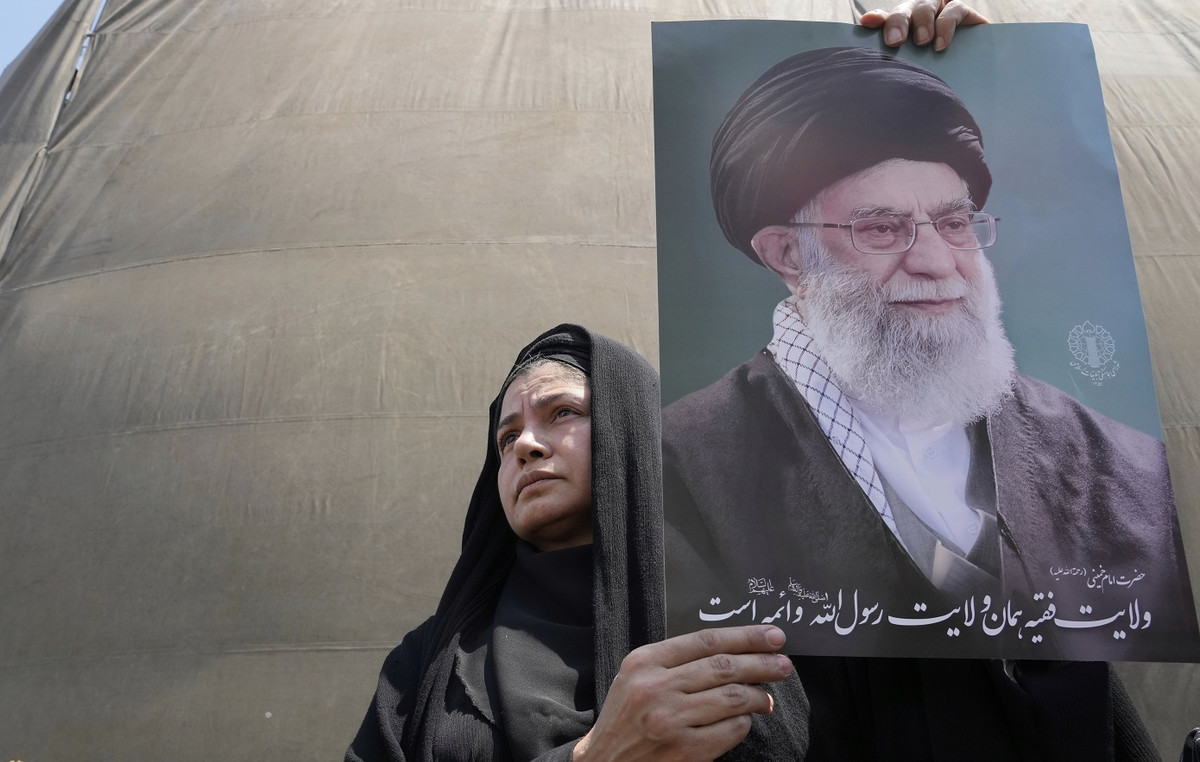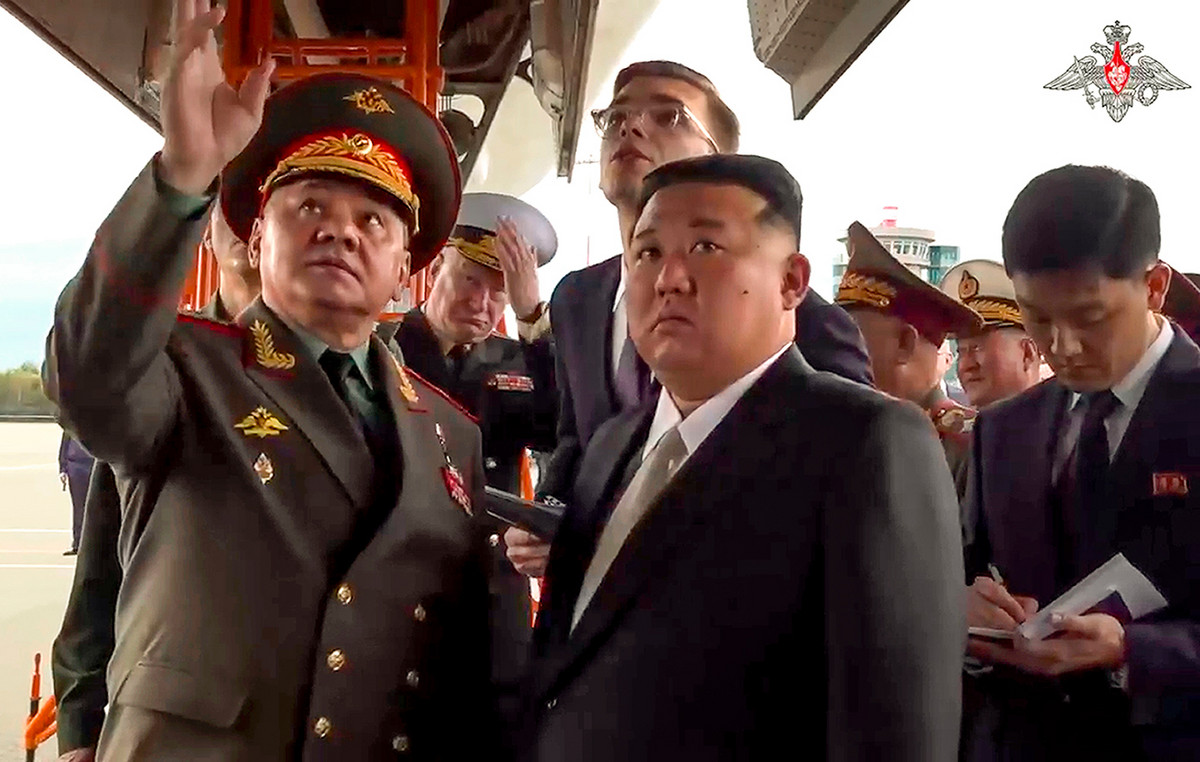A new wave of Covid-19 appears to be brewing in Europe as colder weather sets in, with public health experts warning that vaccine fatigue and confusion over the types of vaccines available are likely to limit adherence to booster shots. .
The Omicron BA.4/5 subvariants that dominated this summer are still behind most infections, but the newer subvariants of Omicron are gaining ground. Hundreds of new forms of the Omicron variant are being tracked by scientists, World Health Organization (WHO) officials said this week.
WHO data released on Wednesday showed Covid-19 cases in the European Union reached 1.5 million last week, up 8% from the previous week despite a dramatic drop in testing. Globally, case numbers continue to decline.
The number of hospitalizations in many countries of the 27-nation bloc, as well as in Britain, has increased in recent weeks.
In the week ending October 4, hospital admissions for Covid-19 with symptoms rose by nearly 32% in Italy, while admissions to intensive care increased by around 21% compared with the previous week, according to data compiled by the independent scientific foundation. gimbe.
In the same week, hospitalizations for Covid in Britain were up 45% from the previous week.
Vaccines adapted against the Ômicron variant were launched in Europe from September, with two vaccine types targeting the BA.1 and BA.4/5 subvariants made available alongside the existing first-generation vaccines. In Great Britain, only those adapted against BA.1 received approval.
European and British authorities have only endorsed the latest booster shots for a select group of people, including the elderly and people with compromised immune systems. Further complicating matters is the “choice” of the vaccine as a booster, which is likely to add to the confusion, public health experts said.
But the willingness to get another dose, which might be a fourth or fifth for some, is waning.
“For those who may be less concerned about risk, the message that it’s all over, coupled with the lack of any major hype, is likely to reduce take-up,” said Martin McKee, professor of European public health at the London School of Hygiene and Health. Tropical Medicine. “So overall, I’m afraid acceptance is a little lower.”

False sense of security
Penny Ward, visiting professor of pharmaceutical medicine at King’s College London, said: “Another confounding factor is that a fairly high proportion of the population may also have had an episode of Covid in recent months.” Some may mistakenly feel getting sick with Covid means they will remain immune, she added.
Since September 5, when the launch of new vaccines in the European Union began, around 40 million doses of vaccines produced by Pfizer/BioNTech and Moderna have been delivered to member states, according to data from the European Center for Disease Prevention and Control (ECDC). , the acronym in English).
However, weekly doses of vaccine administered in the EU were only between 1 million and 1.4 million in September, compared with 6 to 10 million a week during the year-ago period, ECDC data showed.
Perhaps the biggest challenge to embrace is the perception that the pandemic is over, creating a false sense of security.
“There must be some complacency where life seems to have returned to normal, at least with regard to Covid, and people now have other financial and war-related concerns,” said Adam Finn, president of ETAGE, an expert group that advises WHO on vaccine-preventable diseases in Europe.
He added that some lawmakers were also dropping the ball.
Italy’s Gimbe science foundation said the government, which will soon be replaced after an election, was ill-prepared for the autumn-winter season and noted that a publication on the government’s management of the pandemic had been blocked.
The Italian Ministry of Health declined to comment. Meanwhile, British officials warned last week that renewed flu circulation and the resurgence of Covid-19 could put pressure on the already overwhelmed NHS.
Source: CNN Brasil
I am an experienced journalist and writer with a career in the news industry. My focus is on covering Top News stories for World Stock Market, where I provide comprehensive analysis and commentary on markets around the world. I have expertise in writing both long-form articles and shorter pieces that deliver timely, relevant updates to readers.







